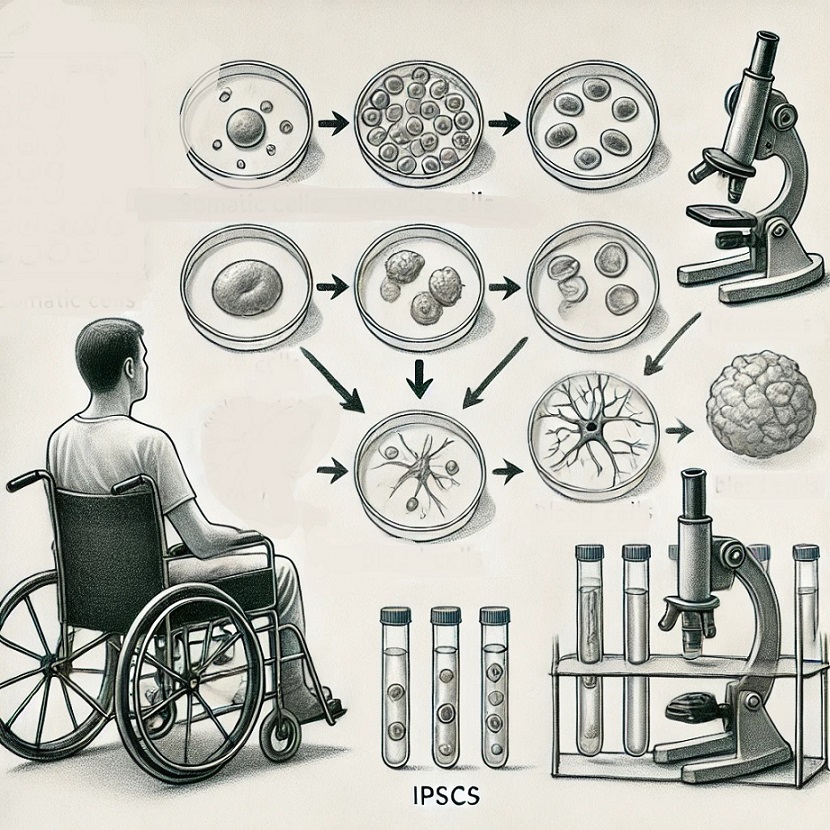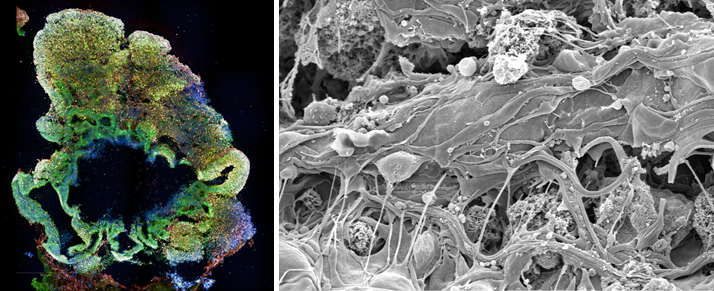CAKUT modeling using hPSC-derived kidney organoids. Mutations in genes essential for kidney development can lead to a group of disorders collectively known as congenital anomalies of the kidney and urinary tract (CAKUT). We employ state-of-the-art technologies, including reprogramming, gene editing, and kidney organoid differentiation, to functionally validate the effects of novel CAKUT-associated pathogenic variants on kidney development and to investigate the molecular mechanisms underlying the effect of these mutations.
Investigating the tissue-specific effects of nuclear envelopathies mutations. Nuclear envelopathies are multisystemic disorders caused by mutations in genes encoding nuclear envelope (NE) proteins. Although these genes are ubiquitously expressed, the effects of the mutations are tissue-specific, with some tissues, such as the heart and brain, being severely affected, while others are minimally impacted or unaffected. Utilizing the broad differentiation capacity of hPSCs, we investigate the effects of specific NE mutations on the differentiation of hPSCs into diverse cell types and tissues. This study aims to elucidate the impact of NE mutations on specific tissues and, more broadly, to shed light on the mechanisms underlying the tissue-specific effects of these mutations



